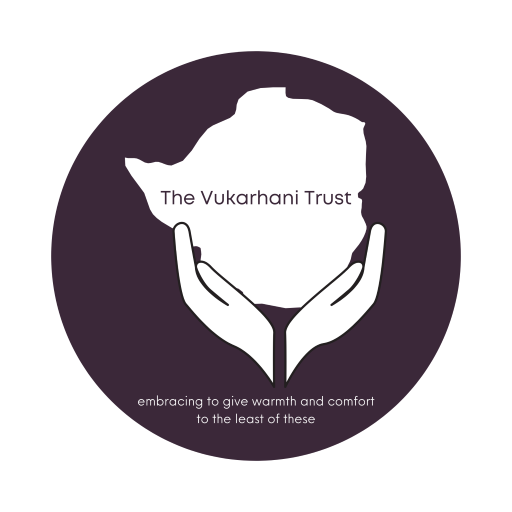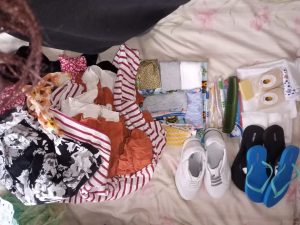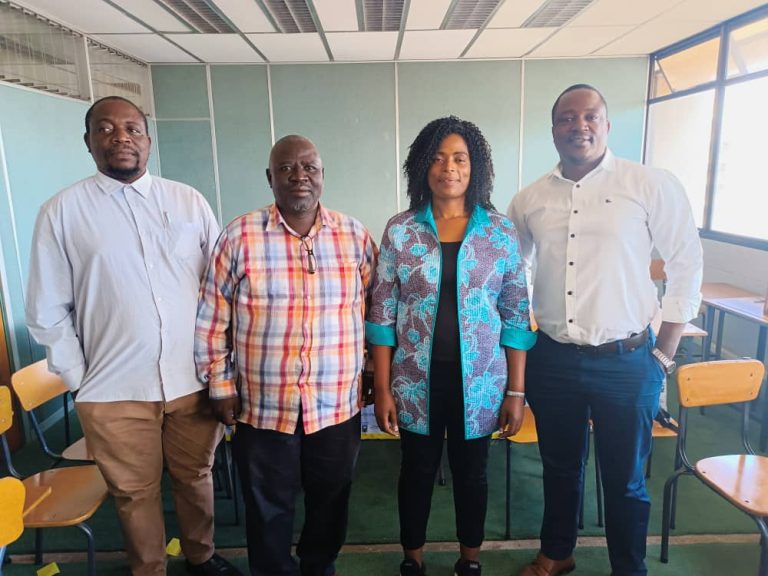Introduction:
Human trafficking is a grave violation of human rights that continues to plague societies worldwide. Among the various forms of trafficking, the exploitation of women in the Middle East stands out as particularly egregious. Reports of abuse, both physical and emotional, have emerged, shedding light on the grim realities faced by the victims. From promised high-end female care products to receiving a mere tablet of soap for two months, the dehumanizing treatment of trafficked women is a stark reminder of the urgent need for action against this pervasive issue.
Abuses Faced by Victims:
- Sexual Exploitation and Abuse: Women trafficked to the Middle East often become victims of sexual exploitation. Many reports highlight the horrifying experiences these women endure, robbed of their agency and subjected to unspeakable acts. The promise of a better life turns into a nightmare, with traffickers preying on the vulnerability of their victims.
- Emotional and Verbal Abuse: Beyond physical abuse, emotional and verbal torment is a common aspect of the ordeal faced by trafficked women. The constant degradation erodes their self-esteem and mental well-being. The promise of a brighter future turns into a daily struggle for survival, as victims are forced to endure psychological trauma.
- Physical Harassment: The physical abuse faced by trafficked women is not limited to sexual exploitation. Many victims report facing physical harassment, further exacerbating their suffering. The lack of legal protection and support leaves these women vulnerable to a cycle of abuse, often with no means of escape.
Broken Promises:
The deceptive tactics employed by traffickers are evident in the false promises made to lure victims into their web. One such promise involves the provision of proper and high-end female care products, a far-fetched assurance that only adds to the betrayal experienced by the victims. Instead of the promised care, many find themselves handed a meager tablet of soap intended to last two months, a cruel irony that underscores the dehumanization inherent in human trafficking.
Denial of Basic Rights:
In addition to broken promises, trafficked women in the Middle East face the denial of basic rights, including the right to use their own money. Many victims report being denied the opportunity to shop for essential items, further limiting their autonomy. Wearing torn-up undergarments adds another layer of humiliation, emphasizing the perpetrators’ disregard for the dignity and humanity of those they exploit.
The Dehumanizing Impact:
“Human trafficking robs victims of their integrity and humanness,” a stark reality that encapsulates the essence of the atrocities faced by trafficked women. The pervasive nature of these abuses reinforces the urgent need for a coordinated, global response to eradicate human trafficking and protect the rights and dignity of its victims.
Conclusion:
Human trafficking is a reprehensible violation of human rights, and the abuses faced by women in the Middle East demand immediate attention. Governments, NGOs, and international bodies must collaborate to implement robust measures to prevent trafficking, protect victims, and prosecute perpetrators. By acknowledging the severity of the issue and working towards its eradication, we can strive to create a world where the rights and dignity of every individual are safeguarded, and human trafficking is unequivocally condemned as a gross violation of human rights. #humantraffickingisahumanrightsviolation



